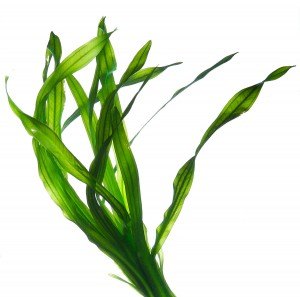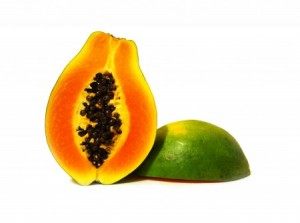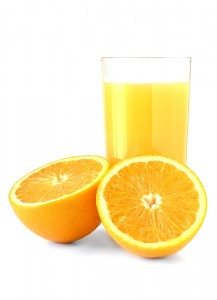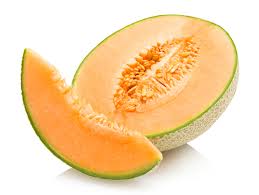I have been quite reluctant over the years to try and pinpoint one vitamin or mineral to target for a Rheumatoid Arthritis diet, since I carefully created an RA diet that is so nutrient-dense then there is nothing that appears to be ‘missing’. However, I make an exception when it comes to Potassium.
What the Scientific Research Tells Us about RA and Potassium
Interestingly, patients with rheumatoid arthritis (RA) have been found to have significantly lower potassium concentrations in the blood than that in people with no RA symptoms. [1] In addition, RA sufferers have inappropriately low cortisol levels, which suppress inflammation, thus allowing inflammation levels to remain high.
There is an interesting link here that scientists wanted to explore.
Glucocortisol also help our kidneys excrete potassium. Thus, if we eat a lot of potassium our adrenal glands secrete more potassium and so it was thought ‘maybe if you gave people with RA some extra potassium it would boost steriod levels and help with their inflammation’. So a double-blind, placebo controlled trial was conducted where patients with RA were given Potassium supplementation for 28 days (an intake of 6500mg/day, nearly double the USDA recommendation of 3,500mg/day.) The results of this experiment was “a reduction of disease activity and pain intensity reflecting an anti-pain affect of potassium”. So they authors of the research paper recommended a much higher use of leafy vegetables [1] which are inherently high in potassium, and therefore boost the natural anti-inflammatory hormones in the body. This is one of the many reasons why several specific green leafy vegetables are key components in the Paddison Program for Rheumatoid Arthritis Diet.
Through personal experience I have found that it is far easier to prevent inflammation than it is to eliminate it. Therefore, it is prudent to make sure that we are getting a great deal of Potassium in our diets since studies have continually shown that this element is so critical to pain reduction – and I have confirmed this by experimentation myself.
Here is the ultimate list of Potassium content in all foods – http://www.nal.usda.gov/fnic/foodcomp/Data/SR17/wtrank/sr17a306.pdf
However, I believe the best sources are the ones below and I have listed my reasons why:
1. Seaweed

2. Papaya

3. Orange Juice

4. Raw Spinach

5. Cantaloupe

Natural Cortisone Shot for Rheumatoid Arthritis
Dissolve your pain with this incredible green smoothie. This smoothie is designed to deliver a whopping 2000 mg of our inflammation-stomping potassium in one serving in a highly absorbable and alkalizing format. Not only that, it tastes great.
Natural Cortisone Green Smoothie
4 Cups of raw spinach
1 Papaya
1 Orange
1/2 Cup Water
Squeeze orange juice into a blender with the papaya flesh, spinach and water. Blend. Enjoy. Feel better. If you cannot get Papaya because of your current season, then use cantaloupe and choose a ripe one so the flesh is soft and blends easily.
Did you like this post? Please let me know by leaving a comment below and posting a link to this page 
Upwards and onwards in love, laughter and light. May your body continue to heal, your mind be at peace and your future rich and enlightened.
Clint Paddison
REFERENCES
1. “A pilot study of potassium supplementation in the treatment of hypokalemic patients with Rheumatoid Arthritis: a randomized, double-blinded, placebo-controlled trial” – Rastmanesh R, Abargouei AS, Shadman Z, Ebrahimi AA, Weber CE.
2. http://en.wikipedia.org/wiki/Reference_Daily_Intake
Disclaimer: Do not take this information as personal medical advice. Do not change your diet if you are ill or on medication without the advice of a qualified health care provider (your physician, for example).
[thrive_split_button left_color=”green” right_color=”red” left_text=”Pain Reduction” right_text=”Lowering Drugs” left_link=”https://www.paddisonprogram.com/chooser-pain/” right_link=”https://www.paddisonprogram.com/chooser-medications/”]

